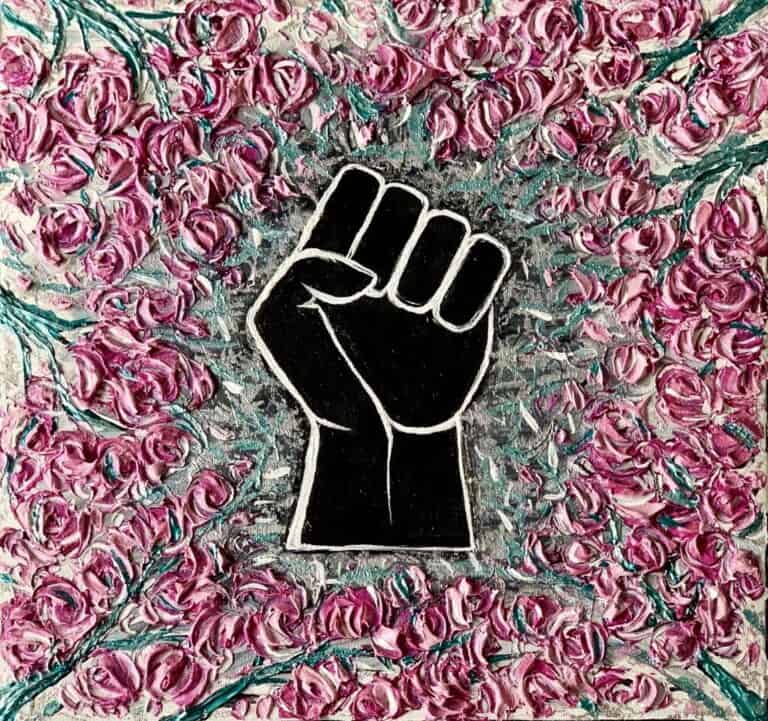As a result of the pandemic, women as a cohort are facing greater employment losses, increased unpaid care responsibilities, and an increased risk of domestic violence, among other challenges.
By taking a generalized approach to the COVID-19 response and recovery, we stand to lose many of the gains that have been made in gender equality.
Today, the Canadian Poverty Institute has released the Briefing Paper I prepared for them on the topic, entitled “COVID-19: A Tipping Point for Gender Equality”.
It assesses how well the governments of Canada, Alberta and Calgary have implemented the United Nations’ 3 priority measures. On each priority measure it finds:
- Women are so far under-represented within most major decision-making bodies influencing the COVID-19 response and recovery, with exception of the Prime Minister’s Cabinet and federal COVID-19 Cabinet Committee.
- Whether paid or unpaid, women are taking on the vast majority of the formal and informal work associated with caring for those who are children, ill, elderly, or have disabilities. The provincial and federal governments have adapted leave legislation and put in place financial supports. However, these changes may end too soon to ensure women’s resilience. Additionally, financial support is not provided without formal attachment to the labour force.
- The unique experiences of women, including Indigenous women, women with disabilities, immigrant women, LGBTQ+ women, and women who are racialized, need to be targeted by government responses to the crisis and throughout all stages of the recovery. Only the federal government has explicitly acknowledged a commitment to using a gender lens, although their COVID-19 GBA+ analysis has yet to be seen.
Read the full piece here, including recommendations that, if done well, could in fact propel gender equality forward.

